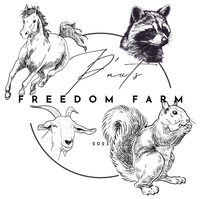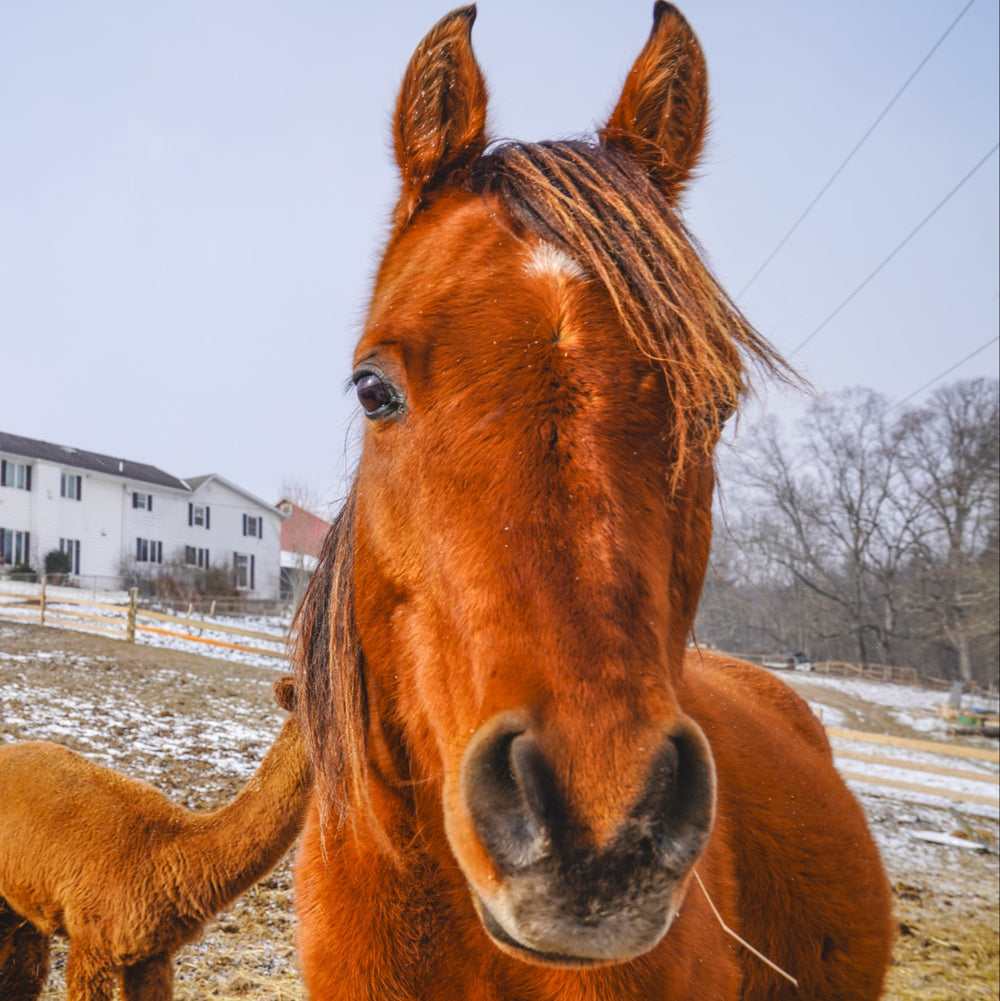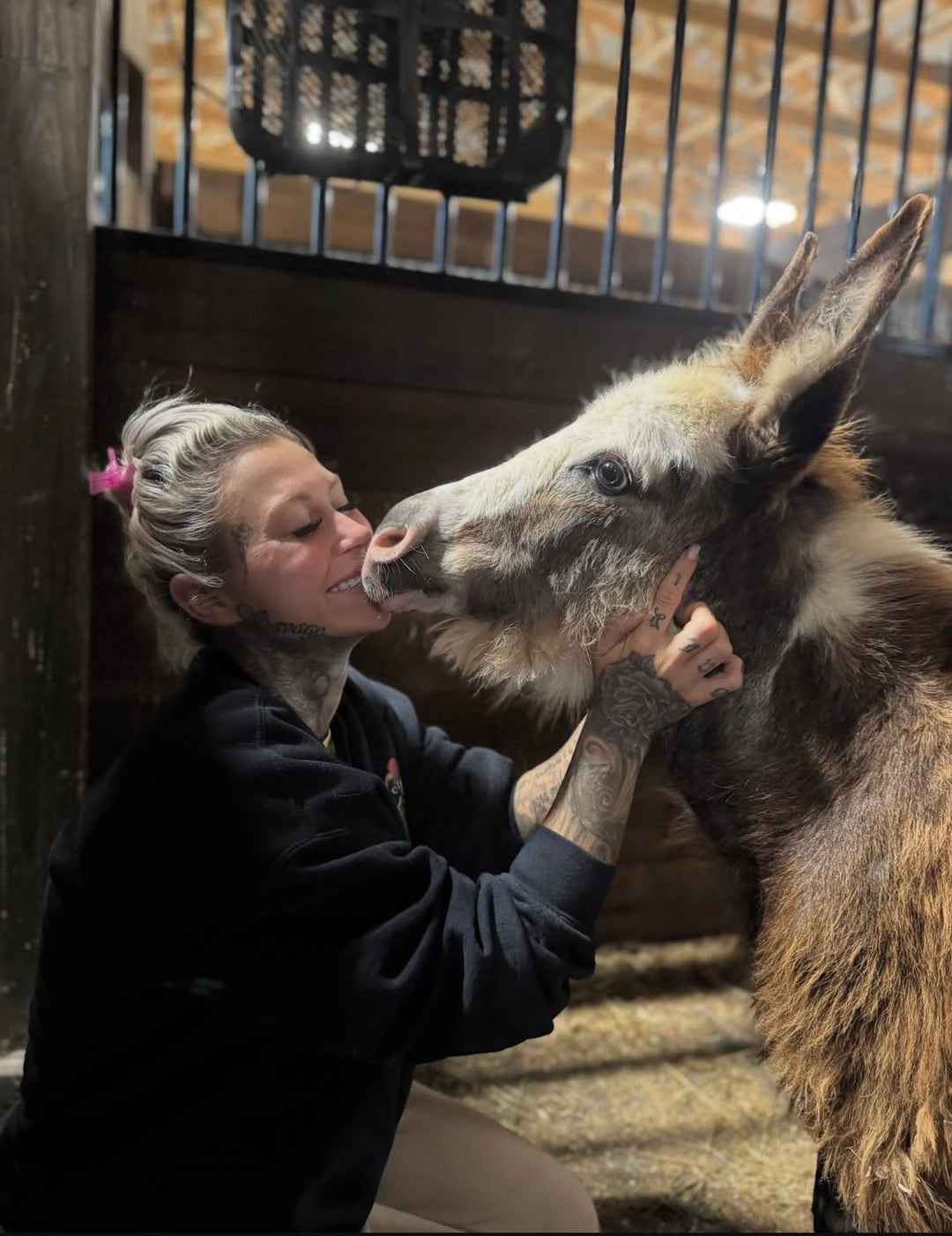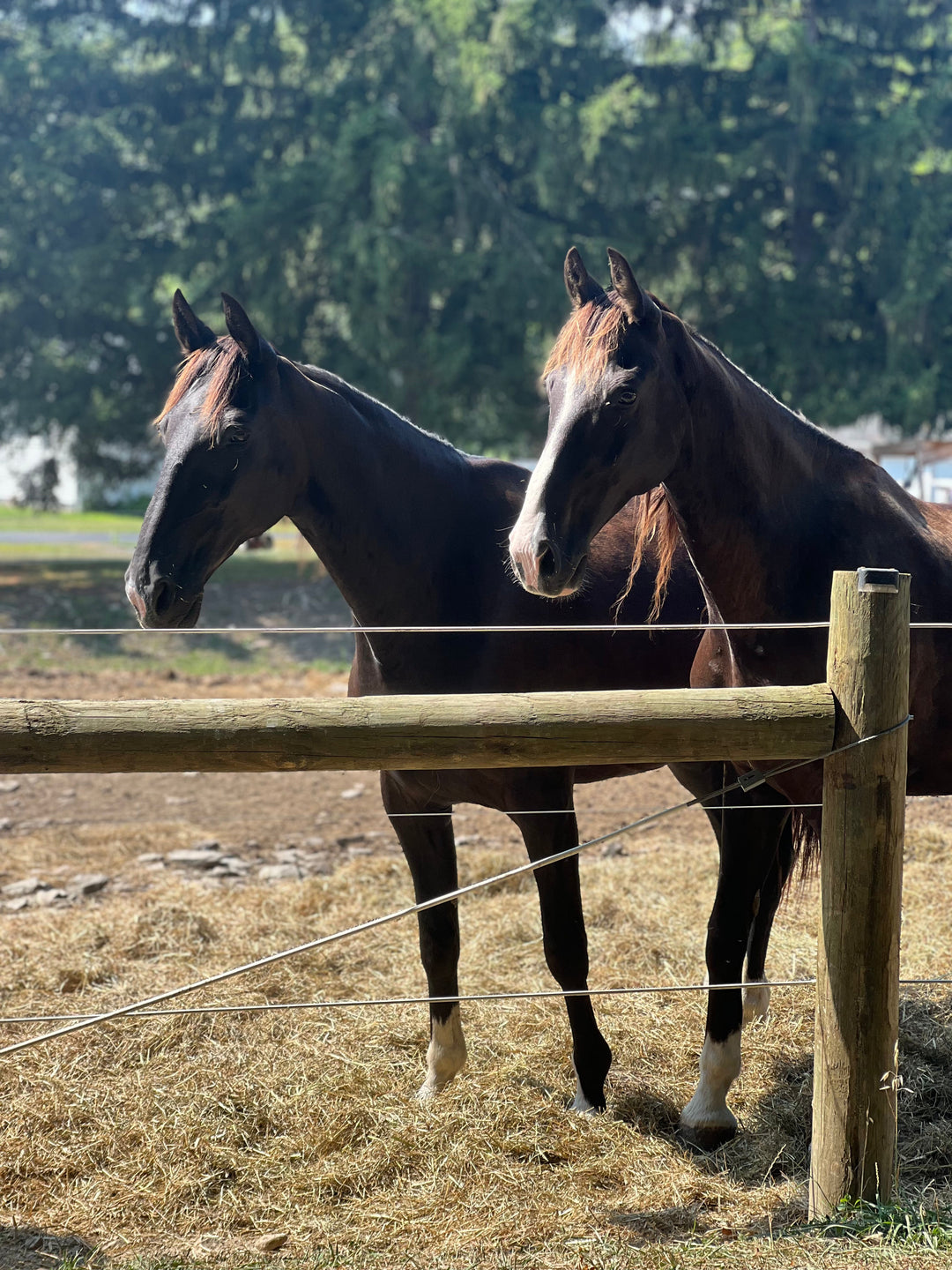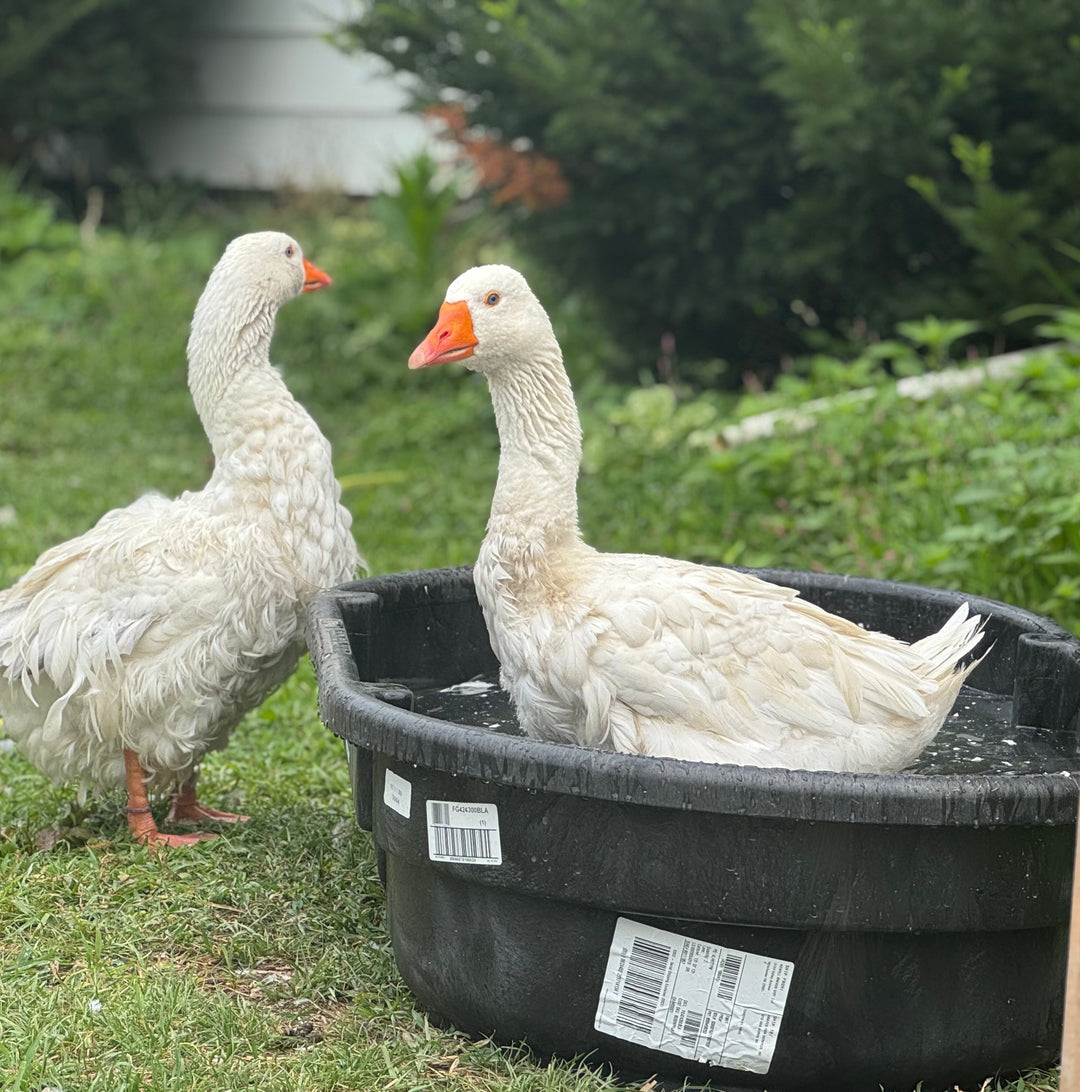From Starvation to Strength: Cooper’s Story and the Critical Truth About Refeeding Malnourished Horses
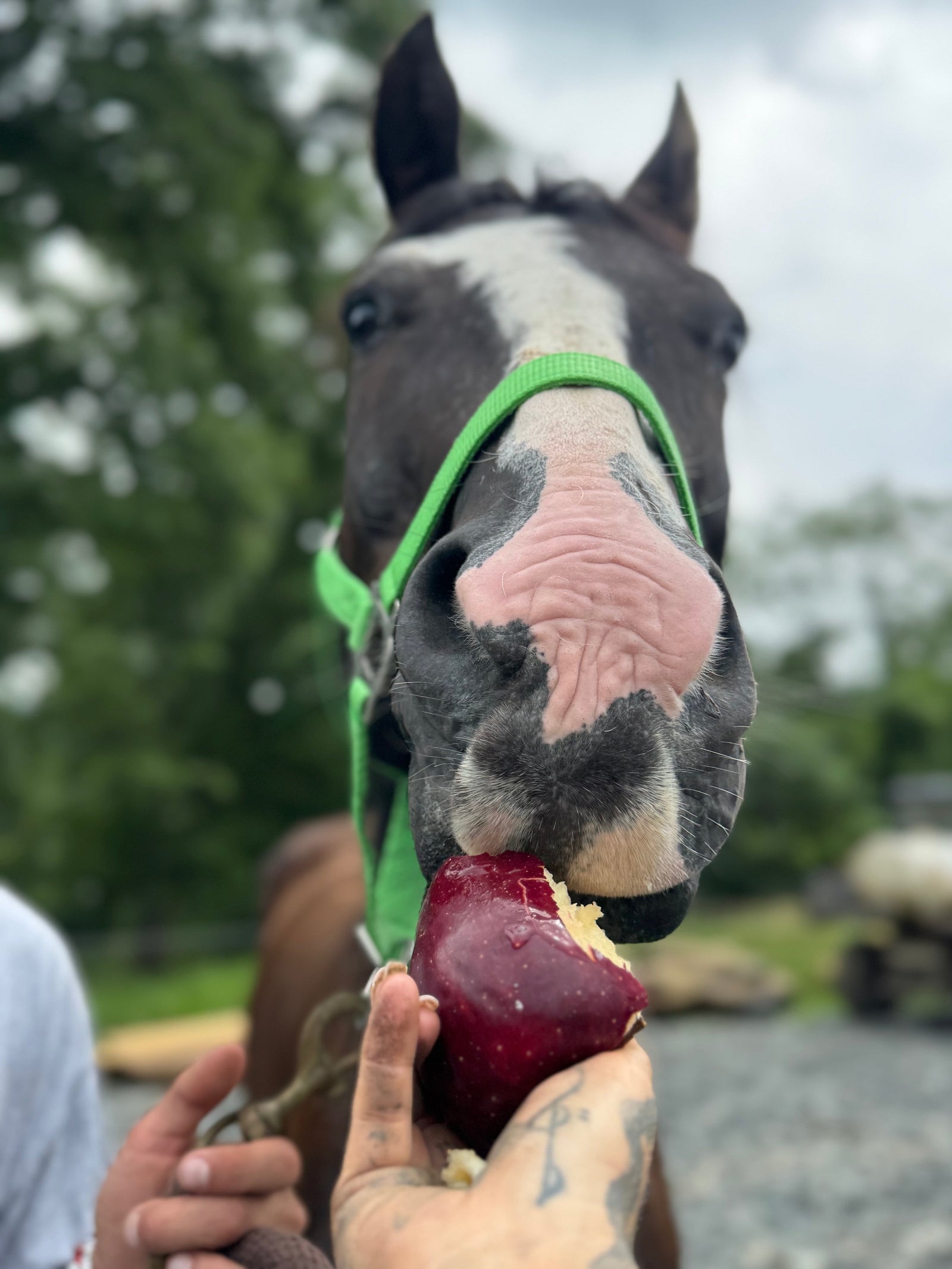
Some stories never leave you. Cooper’s is one of them.
When we found him, he had been tied to a post at a horse auction — alone, skeletal, and utterly defeated. His body was covered in open wounds. His skin was sunburned and stretched thin across visible bones. He had no food. No water. No relief from the flies. And worst of all, no one was coming for him. To the people who passed him by, Cooper was nothing more than a body in the way. A discard. A burden.
But one person saw him — and made a call. That call saved his life.
We arrived as fast as we could, hearts racing, afraid we’d be too late. Cooper had been tagged for slaughter and was on the brink of death. When we looked into his eyes, we saw a flicker. Despite everything, he had not given up. As we loaded him into our trailer, he nearly collapsed, but he walked. He followed. He chose to live.
Bringing a horse like Cooper home is only the first step. What comes next is just as critical — and just as delicate. Malnourished horses cannot simply be “fed.” In fact, feeding them too much too soon can be fatal. The process of reintroducing food to a starved body must be slow, strategic, and closely monitored. This is known as refeeding, and when it’s done incorrectly, the consequences can be heartbreaking.
Severely emaciated horses are at risk of something called refeeding syndrome — a potentially deadly condition that occurs when a body that has been deprived of nutrition is suddenly overwhelmed by calories, especially sugars and carbohydrates. The sudden influx causes dangerous shifts in the body’s electrolytes, often leading to heart failure, colic, or death within days. It’s a silent killer that too few people know about, and it’s why refeeding requires veterinary oversight and a structured plan rooted in equine nutritional science.
With Cooper, we began the process slowly. His digestive system had essentially shut down, so we had to rebuild it with gentle, frequent meals. His early diet was centered on small, controlled portions of high-quality forage — enough to wake his gut up, but not enough to stress it. There were no grains, no sweet feeds, no high-calorie shortcuts. Just time, hay, hydration, and careful monitoring. We checked his vitals several times a day and adjusted as his body began to respond. As he stabilized, we gradually increased the amount of food, watching closely for any signs of trouble. Every gain — whether a pound of weight or a few seconds of standing without shaking — was a celebration.
The road back from starvation is long, and it is layered with more than just physical wounds. Horses like Cooper also carry invisible scars — the kind that come from being forgotten. Refeeding is not just about calories. It’s about rebuilding trust, restoring hope, and reawakening the will to live. We speak softly to him. We move slowly. We show him, day by day, that this world can still offer kindness.
Cooper is teaching us as much as we are helping him. His story reminds us that love must be matched with knowledge — that good intentions must be partnered with good information. And it’s why we want more people to understand the dangers of starvation recovery, and how to do it right.
If you ever encounter a horse that is severely malnourished, please don’t try to fix it alone. Contact a vet or an experienced rescue immediately. Ask questions. Learn the process. And remember that patience is not just a virtue — it’s a life-saving practice.
Cooper’s story is far from over. He has many months of recovery ahead. But today, he is safe. He is eating. He is healing. And for the first time in a long time, he is not invisible.
To the person who made the call — and to every one of you who supports our work — thank you. This work is not easy. But it is worth it. Because every horse deserves a second chance. And Cooper is living proof of that.
— The P’nuts Freedom Farm Team
